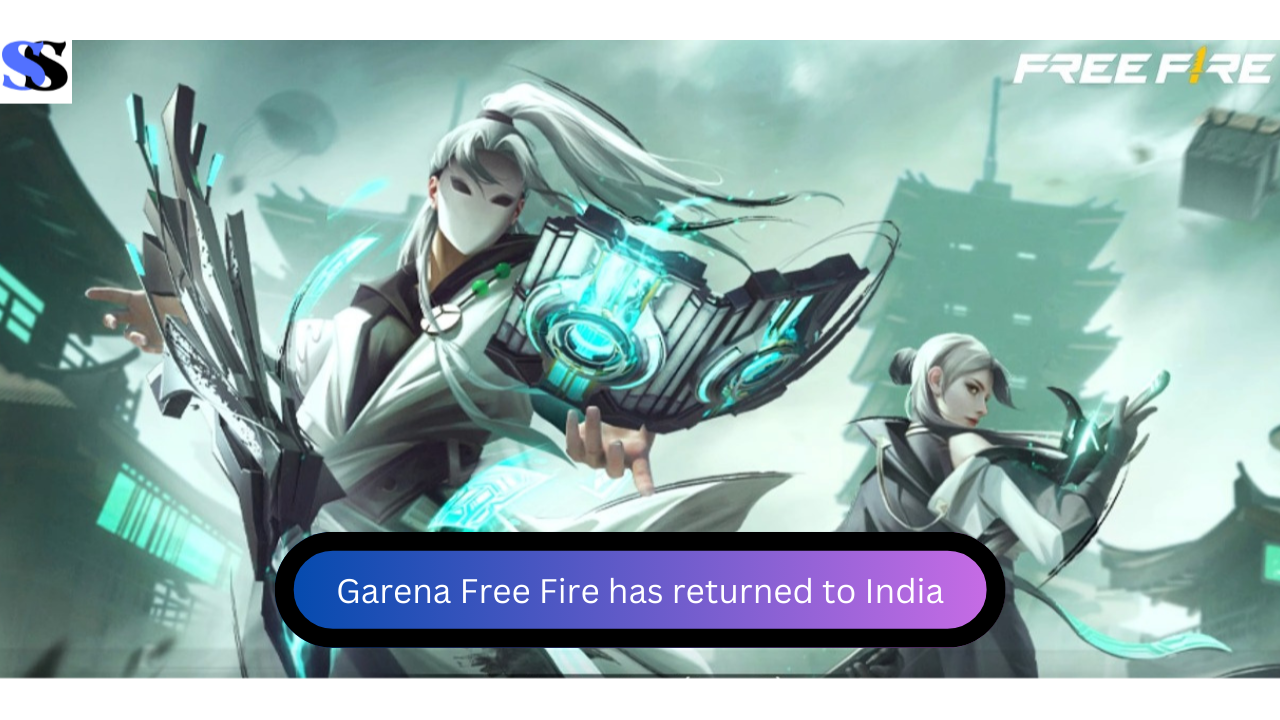The youth population is largely responsible for the current boom in India's e-sports industry. It has been observed that players in this country have a special affinity for games with a battle royale theme. Games like "Garena Free Fire," "Battlegrounds Mobile India," and "Call of Duty" have become extremely popular in the Indian gaming market as a result. However, the central government last year banned 53 gaming platforms and programs, including Free Fire and BGMI, because of "security issues". However, no business wants to pass up the enormous gaming market that has grown in the 140 crore-strong nation. After extensive discussions with government representatives, the banned foreign game development businesses were attempting to return to India for this reason.
As a result, after suffering the brunt of a protracted 10-month suspension, BGMI just returned to India. Today, it is known that the over 1.5-year wait for Garena Free Fire players will soon come to an end. Because the game Garena Free Fire will be re-released in India on September 5 with a new name, features, and some altered rules, according to a notice on Google Play Store.
After BGMI, Garena Free Fire has returned to India
On September 5, Garena Free Fire will relaunch in India as "Free Fire India." The game will focus on giving players a "safe, healthy, and enjoyable gameplay experience," and will include "unique content" akin to BGMI, according to the developer company Garena. via the day of launch, players in India can download the game via the Google Play Store. The new edition of "Free Fire" will most importantly come with a number of new features, including a new verification system for parental control, playtime restrictions, and a "take a break" reminder.
In addition, the 'Yotta' business, owned by the Hiranandani Group, an enormous conglomerate in India, is in charge of supplying the essential goods for the game's local cloud hosting and storage infrastructure. According to a Garena representative, "Yotta, as a MeitY listed service provider, has committed us to ensure 'best-in-class' management of Indian users' personal data through local server and network connectivity services to support Garena's product offering in India."
However, Gang Ye, Co-Founder of Free Fire India Garena, stated in a statement regarding the re-launch, "We look forward to offering Indian players a captivating and high-class experience. We are confident that our collaboration with Yotta will guarantee the best possible gaming experience for Free Fire platform users and the confidentiality of their personal information. According to Gang Ye, "We are dedicated to fostering the growth of India's e-sports and startup ecosystem."
MS Dhoni, a well-known Indian cricketer, is the brand ambassador for Free Fire India.
Mahendra Singh Dhoni (MS Dhoni), a great cricketer and former captain of the Indian cricket team, has recently joined Garena as the brand ambassador for the game Free Fire India. The most intriguing addition to the new game is a Thala character that was created in honor of MS Dhoni. That is, MS Dhoni will be a "playable character" in the game. The game developer business claims that MS Dhoni is the first Indian athlete to be "featured in the game as a playable character 'Thala'."
But in addition to Dhoni, a number of well-known athletes have also been linked to Garena, including the football captain Sunil Chhetri, the badminton champion Saina Nehwal, the legendary tennis player Leander Paes, and the kabaddi champion Rahul Chaudhari.
Why did India forbid Garena Free Fire?
Garena Free Fire was declared illegal in India in February 2022 on claims that its ties to China put Indian customers' data privacy and security at risk. Although Garena is located in Singapore, it wouldn't be incorrect to state that the company's popularity peaked at the same time as Free Fire was outlawed in the nation. But due to its connections to China, it had to be prohibited.
At the time, the Ministry of Electronics and IT stated that the ban was crucial because certain apps "threaten the security of the country" and have the potential to "collect personal and sensitive data" from users for performance purposes that might later be harmful to the nation and its residents.


